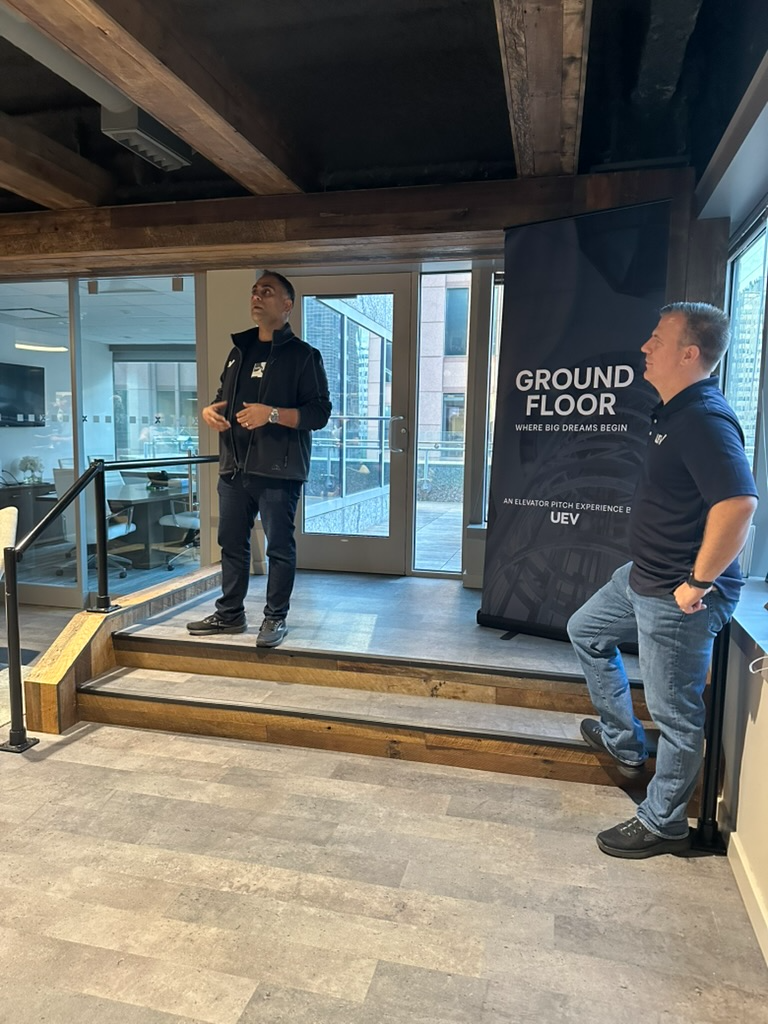Philly Versus is a series of guest posts highlighting what the region can learn from other successful startup ecosystems — and where Philadelphia can lean into its own identity to stand out. Part three is a post by Jamie Catanach, managing partner at ScoutHouse, on what he learned from his time in Austin. Read part one on Paris and part two on Silicon Valley.
I thought I would land in Philly right after business school at Penn State. But a detour led me to Austin.
While in Austin, I spent time in sales and customer success, time as a VC and as an operator — employee No. 4 of a startup that was acquired.
When I showed up in Austin in 2016, I thought I had missed the boat in the tech wave. But that was a comically naive assumption by someone early in their career.
I was fortunate. I was able to do some amazing things, meet some extraordinary people and glance into the future through the vision of the founders in the ecosystem.
I love the concept of seeing and understanding what other places do well — and straight up stealing the best tactics for ourselves.
So, what can we steal?
As I’ve reflected on what I saw to support Austin’s success, there are three core fundamentals that we can steal and make our own.
Consistent places to go
 The United Effects Ventures team hosted the Ground Floor event (reboot of The Welcome Wagon) on Sept. 4, 2025 (Courtesy Jamie Catanach)
The United Effects Ventures team hosted the Ground Floor event (reboot of The Welcome Wagon) on Sept. 4, 2025 (Courtesy Jamie Catanach)
In Austin, there are always places you can reliably go to find “where tech was happening.” I’m talking about physical spaces.
Whether it’s events, coffee meetups, or the coworking spaces where you could bump into 20 or more founders building the next big thing. There were multiple destinations throughout the city that you could plug into.
Maybe I haven’t found it yet, but speaking with others who’ve been in Philly much longer than I, we struggle to pinpoint exactly “where” to go.
With that said, there are incredibly reliable meetups with true steam behind them. There are the Philly Data and AI, plus monthly founder-only meetups that are physical places for people to go.
Additionally, the Ground Floor (formerly the Welcome Wagon) has received a welcome reboot.
The key is to consistently bring people together to increase the chances of serendipity. This leads to more opportunities and larger outcomes.
More in-person activity. More places to come together, meet, share ideas and ask how we can help out our friends in the community.
Open information and networks
In Austin, I’ve seen founders and operators give away consultative-level information to each other about what is helping them win right now and pitfalls to avoid.
It doesn’t matter if it’s the previous generation of entrepreneurs sharing insights or their peers. Shared learning is critically important for a community to thrive.
The information was shared not for the goal of getting something in return, but to help. That’s it. No gatekeeping.
Same with making connections. There are a few super connectors in Austin who I saw masterfully make valuable connections for folks. Sometimes just on a whim, and other times more tactfully (through double opt-in).
Everyone wins when the information flows freely and new connections ramp up.
Information and networks can be open-source. To throw in a cliché, it takes a “rising tide” mentality, not a transactional one.
It takes people. Nothing can be done without talented people.
Talent acquisition and retention
Talent is obviously a key ingredient for success. And I think about this in three buckets (in order):
- Retention: How do we make the ecosystem so attractive that people don’t want to leave?
- Boomerang: How do we bring back the talent that left?
- Acquisition: How does Philly acquire and bring new talent into the ecosystem?
Retention is the foundation of this conversation. That is what we need to do at a base level.
We have tens of thousands of intelligent and highly driven people with world-changing ideas graduating from the universities in our backyard. They are already here.
But how do we retain them?
By continuing to create new opportunities.
Opportunity retains talent, boomerangs them back to the city, and, eventually, allows us to extract talent from other cities.
Why not capital?
I’ve left out capital as part of the fundamentals. More specifically, risk capital. This was intentional based on my own personal experience.
When I was an operator at Trend.io, the founder and I raised a $1.5 million seed round, and we didn’t raise it from Austin VCs. We raised predominantly from East Coast funds and investors.
If you’re building something with enterprise value, you will be able to build relationships with the folks managing risk capital and find investment.
Given our geography (East Coast), you can go to the capital very easily. I would not recommend being hyper-focused on just one city.
The three fundamentals I’ve outlined are precursors to risk capital showing up.
Let’s create more opportunities for serendipity. Share what’s helping you win with your peers. Introduce people to their next co-founder, investor, employee or friend. Let’s create those opportunities that retain the incredible talent this city produces.
It’s Philly vs. everyone.
We’re here, we’re already playing the game, and they have no choice but to deal with us taking it to the next level. More activity. More shared information & connection. More opportunities.
Let’s keep putting Philly on the map!
